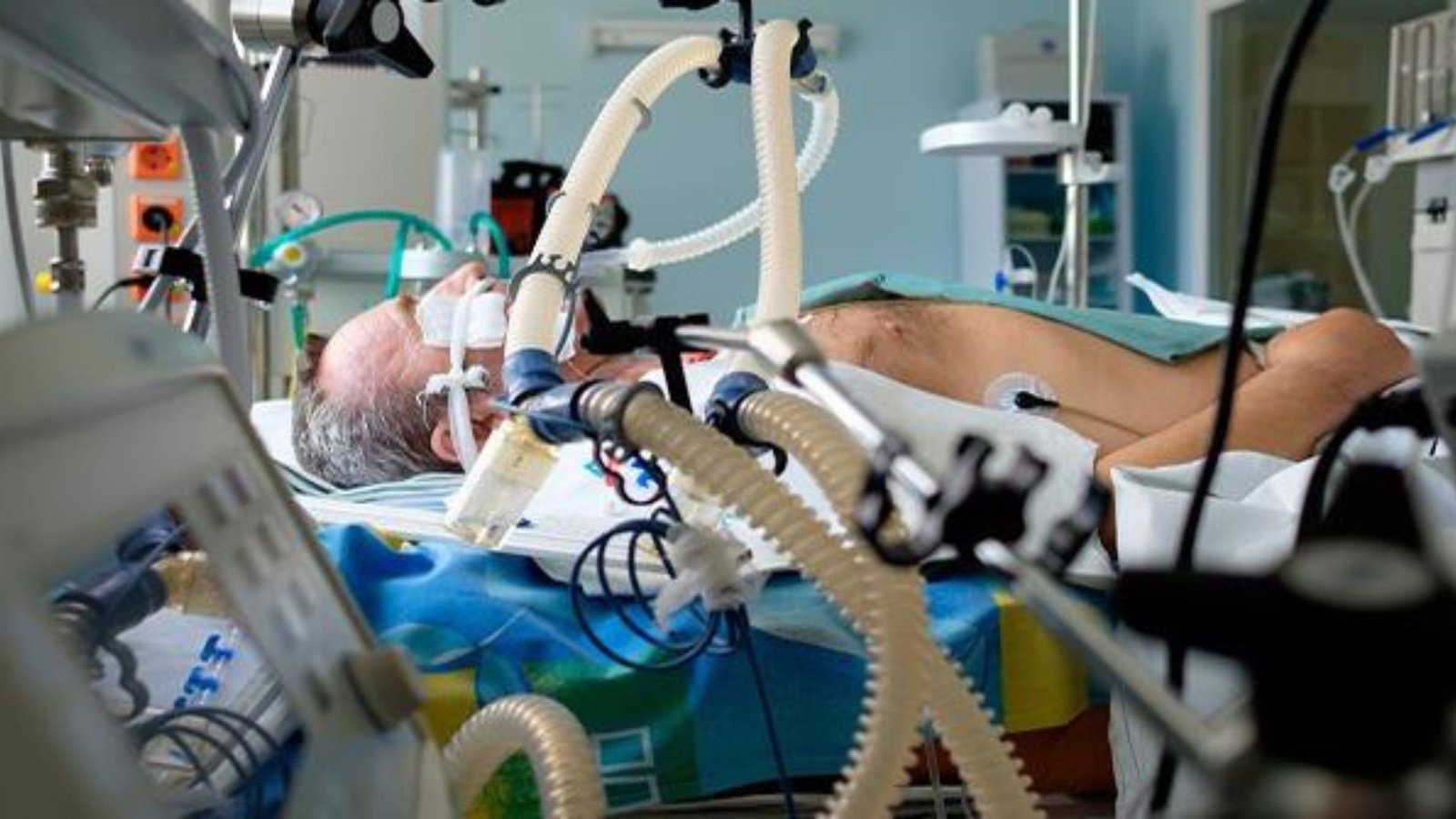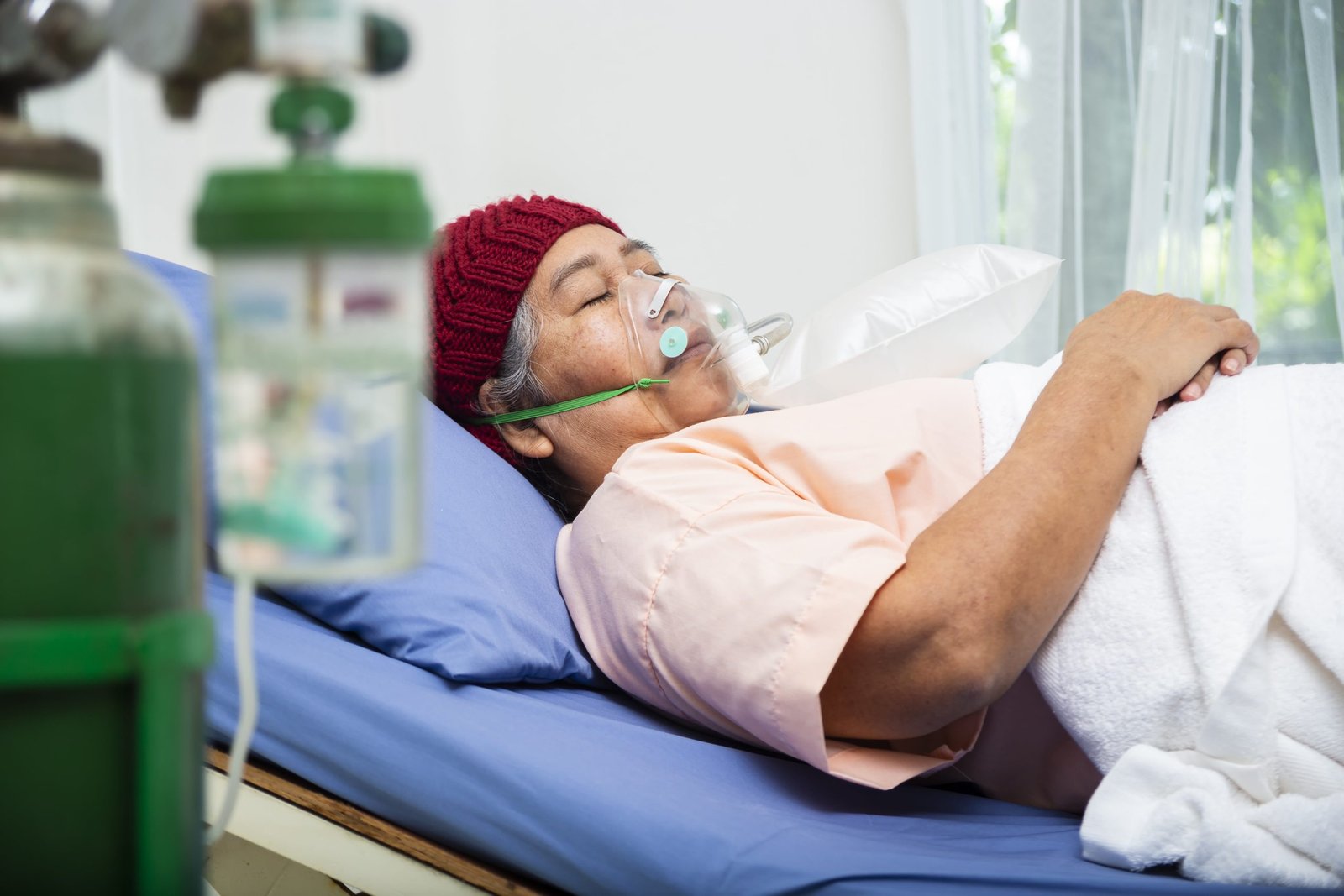When a patient experiences organ failure, they often require intensive care to manage their condition. ICU care for patients with organ failure is critical for improving patient outcomes and survival rates. In the ICU, medical professionals provide advanced monitoring, support, and treatment to help stabilize the patient’s condition and address the specific organ that is failing. This article explores how ICU teams care for patients with organ failure, the types of treatments involved, and the steps taken to support recovery.

1. Continuous Monitoring of Vital Signs and Organ Function
A primary focus of ICU care for patients with organ failure is constant monitoring. Since organ failure can quickly escalate and threaten a patient’s life, ICU teams use sophisticated tools to track vital signs and ensure timely intervention. For example:
- Heart and lung monitoring: ICU staff frequently check heart rate, blood pressure, and oxygen levels to ensure the cardiovascular and respiratory systems are functioning. If any of these indicators drop, immediate action is taken to support the organs.
- Kidney function: In many cases, kidney failure accompanies organ failure. Through urine output measurement and blood tests, doctors assess how well the kidneys are functioning and whether dialysis is needed.
- Neuro-monitoring: ICU teams also monitor brain function. If the patient experiences a lack of oxygen or blood flow, brain activity could be affected. Monitoring helps doctors prevent additional complications.
By continuously tracking these key health metrics, ICU staff can quickly respond to any changes, ensuring the patient receives the appropriate care at the right time.
2. Ventilator Support for Respiratory Failure
Many patients with organ failure experience respiratory failure, often due to the heart, lungs, or both not functioning properly. ICU care for patients with organ failure often involves ventilators to provide support. Ventilators help ensure the patient’s lungs can deliver adequate oxygen to the body and remove carbon dioxide. The types of ventilator support include:
- Non-invasive ventilation: For less severe cases of respiratory failure, non-invasive methods like CPAP (Continuous Positive Airway Pressure) are used. This method involves a mask that helps maintain airflow, reducing the need for a breathing tube.
- Mechanical ventilation: In more severe cases, invasive mechanical ventilation may be necessary. A tube is inserted into the patient’s airway to deliver oxygen directly to the lungs.
Ventilator support is crucial for patients with respiratory failure. It provides the oxygen needed to stabilize the body and gives the lungs time to heal.
3. Dialysis for Kidney Failure and Fluid Management
Kidney failure is common among patients experiencing organ failure, and ICU care for patients with organ failure often includes dialysis to manage this condition. Dialysis helps remove waste and excess fluids from the body, supporting the kidney’s function until the organ recovers. There are two primary forms of dialysis used in ICU settings:
- Hemodialysis: A machine filters the blood outside the body, removing waste products and excess fluids. This process takes several hours and may be needed multiple times a week depending on the severity of kidney failure.
- Peritoneal dialysis: In some cases, peritoneal dialysis may be used. A catheter is inserted into the abdomen, and a special solution is introduced to absorb waste products before being drained out.
Both types of dialysis help support kidney function, allowing the patient’s body to regain balance and reduce the risk of further complications.
4. Medication to Support Organ Function and Prevent Complications
ICU care for patients with organ failure often involves the use of medications to support organ function and prevent additional complications. Depending on the organ involved, medications may include:
- Vasopressors: These drugs are used to help raise blood pressure in patients with cardiovascular failure. By improving circulation, vasopressors help ensure that vital organs receive the oxygen and nutrients they need.
- Antibiotics: Infections can worsen organ failure. ICU doctors often prescribe antibiotics to treat infections and reduce the risk of further complications, especially in patients who have weakened immune systems.
- Insulin: Organ failure can affect blood sugar regulation. In ICU care, insulin may be used to maintain blood sugar levels, preventing fluctuations that could harm the patient further.
These medications are essential in maintaining stability while the patient’s organs recover, ensuring that the body functions properly during a critical time.
5. Nutritional Support to Aid Recovery
Nutrition is an often overlooked yet critical aspect of ICU care for patients with organ failure. Proper nutrition helps support healing and recovery, especially for patients who are unable to eat normally due to their condition. In these cases, nutrition is provided through alternative methods:
- Enteral nutrition: A tube is inserted into the stomach or small intestine to provide food directly to the digestive system. This method is used when the digestive system is functional but the patient cannot consume food orally.
- Parenteral nutrition: For patients with severe organ failure, parenteral nutrition provides nutrients intravenously. This method ensures the patient receives the necessary calories, protein, vitamins, and minerals to aid healing.
By offering nutrition in a way that the body can handle, ICU teams help ensure that patients receive the energy needed for recovery.
6. Multidisciplinary Approach to Care
In ICU care for patients with organ failure, a team of medical professionals works together to provide comprehensive treatment. This multidisciplinary approach involves:
- Critical care doctors: They coordinate the treatment plan, assess the patient’s progress, and make necessary adjustments to the care plan.
- Nurses: ICU nurses provide continuous care, administer medications, monitor the patient’s condition, and assist with day-to-day recovery needs.
- Specialists: Depending on the organs involved, specialists such as nephrologists (for kidney failure), cardiologists (for heart issues), and pulmonologists (for lung conditions) contribute to treatment.
- Physical therapists: They work with patients to restore movement and strength, helping them regain independence after extended periods of bed rest or sedation.
This teamwork ensures that every aspect of the patient’s condition is addressed, leading to better outcomes and improved chances of recovery.
7. Rehabilitation for Long-Term Recovery
Once patients with organ failure have stabilized, rehabilitation is key to ensuring full recovery. ICU care for patients with organ failure doesn’t end when they leave the ICU. Long-term recovery involves:
- Physical therapy: After spending time in the ICU, patients may experience weakness or muscle atrophy. Physical therapy helps restore strength and mobility, improving the patient’s ability to return to daily life.
- Psychological support: Organ failure and ICU stays can be traumatic. Psychological support, including counseling or therapy, helps patients deal with any emotional challenges they may face as they recover.
Rehabilitation is an important part of the recovery process, helping patients regain their strength and improve their quality of life after ICU treatment.
Conclusion
ICU care for patients with organ failure involves advanced monitoring, critical treatments, and a dedicated team of medical professionals. From ventilator support to dialysis and medication, these interventions are essential for stabilizing patients and improving their chances of survival. Continuous monitoring and timely interventions are key to managing organ failure effectively. Furthermore, a multidisciplinary approach ensures that patients receive the comprehensive care they need during recovery. With advances in ICU technology and treatment methods, patients with organ failure now have a better chance of recovery and a return to normal life.











